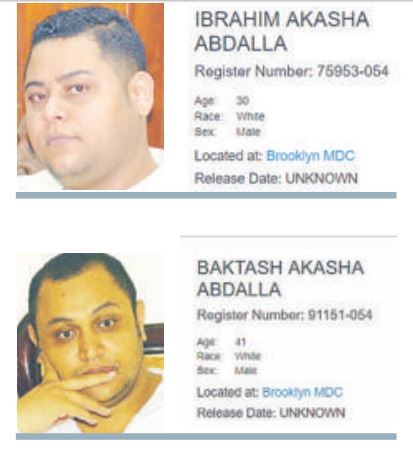×
The Standard e-Paper
Stay Informed, Even Offline

The 42-year-old man in front of a court in the Southern District of New York looked dazed.
He was not sure where he was. And as he stood in front of one of the most thorough judicial systems, Baktash Akasha Abdalla cut an image far detached from the one he projected in Kenyan courts.